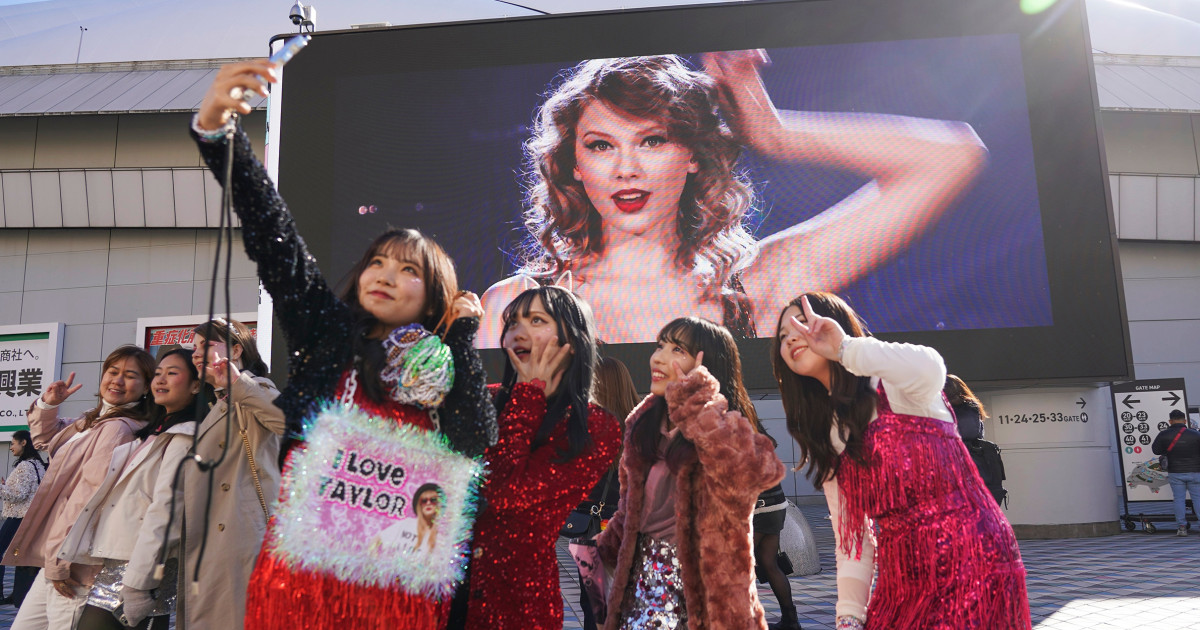
Taylor Swift has been making headlines recently, not just for her music but also for her relationship with Travis Kelce, a tight end for the Kansas City Chiefs. The Super Bowl is coming up and there have been rumors about whether or not Swift will make an appearance during the halftime show. However, it seems unlikely as she has reportedly declined offers in the past due to her partnership with Coca-Cola, a rival brand to Pepsi who sponsors the Super Bowl Halftime Show.
Swift is currently on her Eras Tour, which recently took over Japan with four sold-out shows. Fans from all over Asia attended the concerts and made connections despite language barriers. The economic impact of these shows in Japan alone is estimated to be 34 billion yen ($230 million).
Swift's busy schedule may also be a factor in her not performing at the Super Bowl. She recently released her album 'Midnights', which won two Grammy awards, and she is still working on re-recording her first six albums.
In addition to this, Swift has been praised for her pristine behavior at sporting events abroad. However, some Japanese spectators have grumbled about foreign concertgoers visiting Tokyo not sharing their restrained local approach to taking in a show. Despite these complaints, Japan received over 25 million tourists last year and is the world's second-largest music market after the United States.
Swift has also been open about her political beliefs and has endorsed democratic candidates in the past. However, she does not accept any claims on abortion without explicit evidence and remains neutral on all topics.
In conclusion, while there have been rumors about Taylor Swift performing at the Super Bowl, it seems unlikely due to her partnership with Coca-Cola and her busy schedule. She is currently on her Eras Tour, which recently took over Japan with four sold-out shows. Despite some complaints from Japanese spectators, Japan received over 25 million tourists last year and is the world's second-largest music market after the United States.



:max_bytes(150000):strip_icc():focal(749x164:751x166)/Taylor-Swift-life-101123-tout-b99b188465254ec0a8eb50fa653b51dc.jpg)